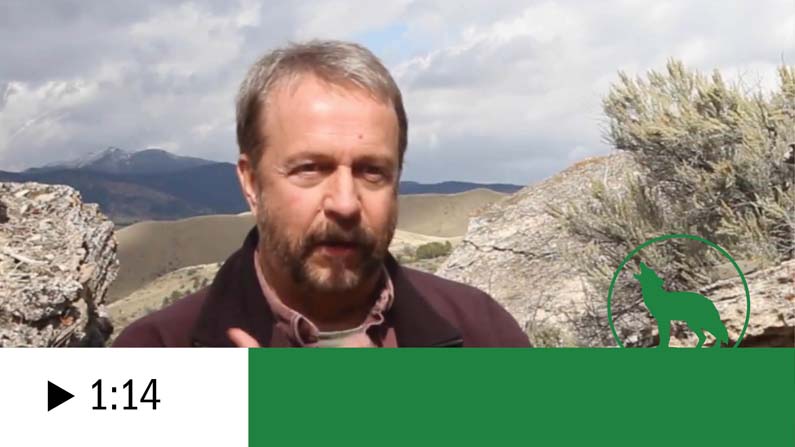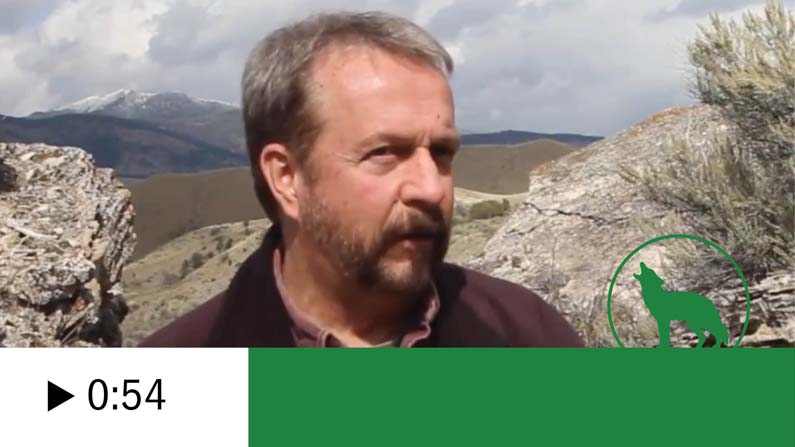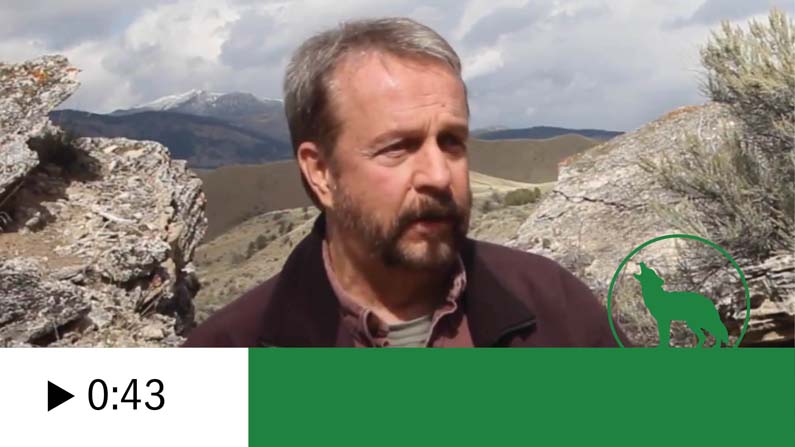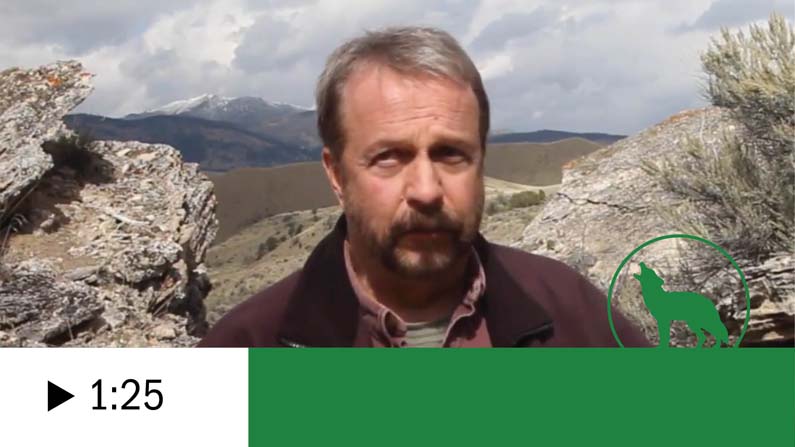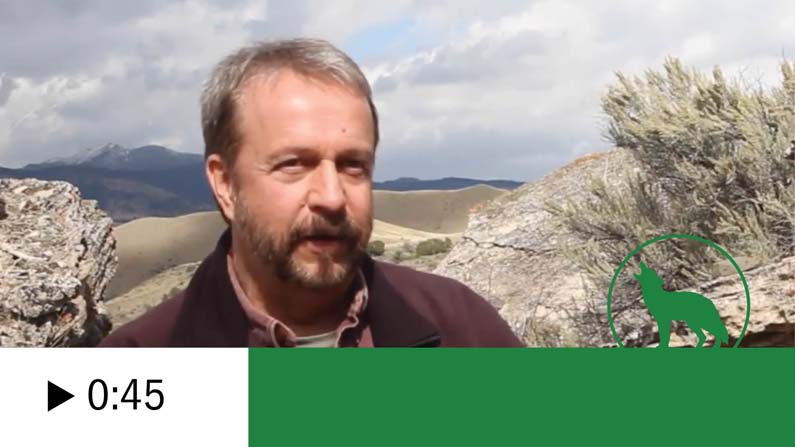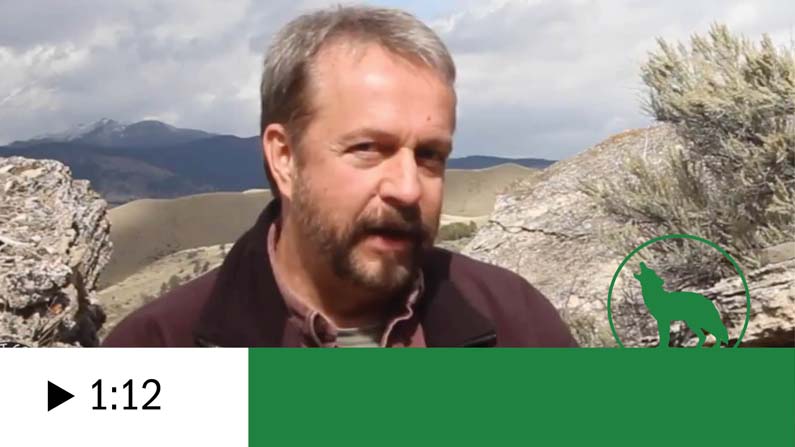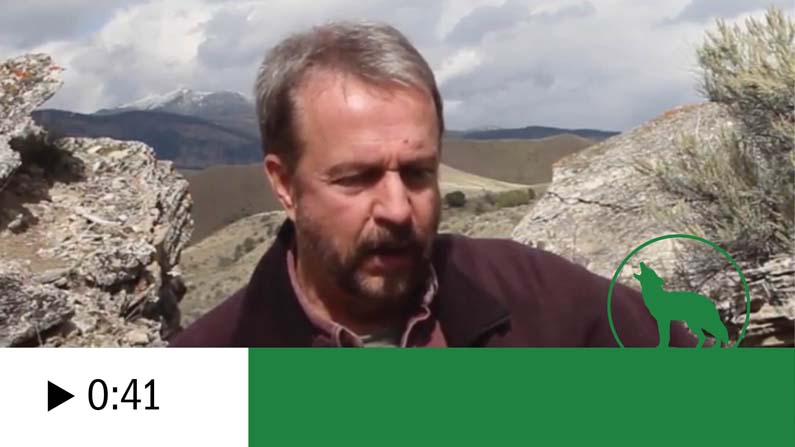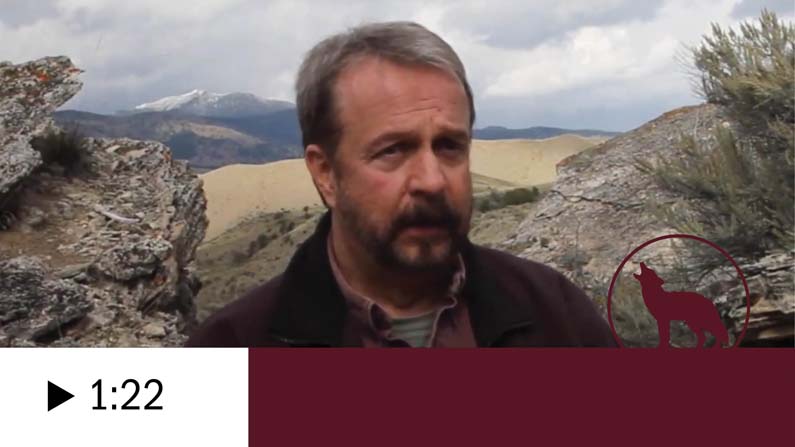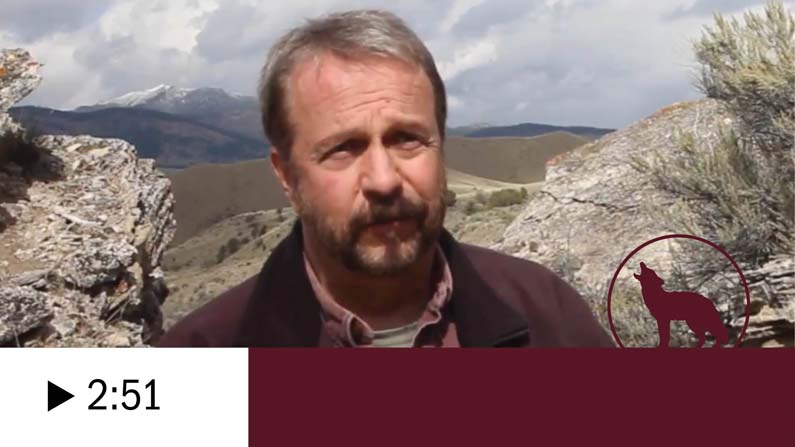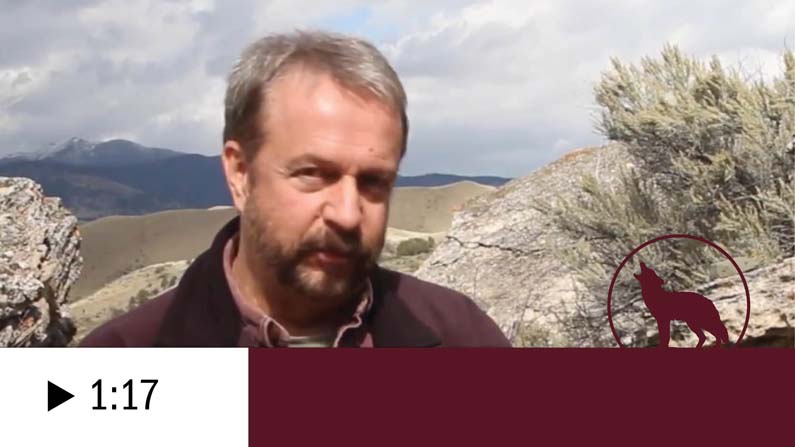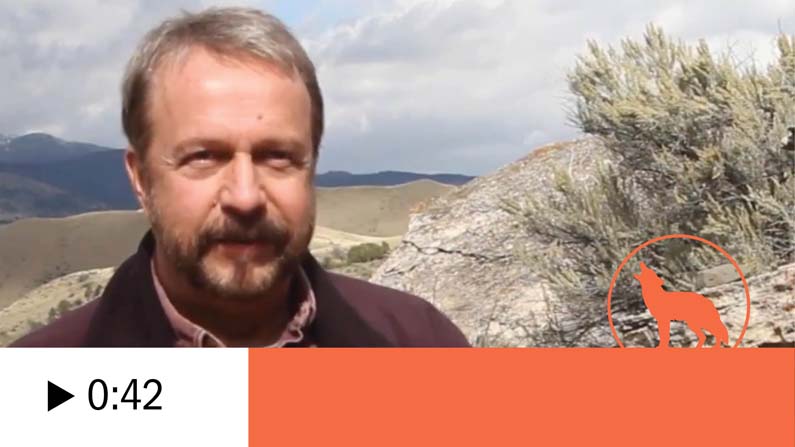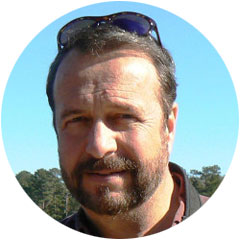
BRADLEY J. BERGSTROM, PHD
Brad Bergstrom is Professor of Biology at Valdosta State University in Georgia, where he has taught Ecology, Mammalogy, Ornithology and other biology courses for 27 years. Graduate studies at University of Illinois and University of Kansas gave him strong backgrounds in both museum-based systematic zoology and ecological fieldwork. Dr. Bergstrom has performed ecological fieldwork in the Colorado Rockies, southeastern swamps, savannas of East Africa, Neotropical forests, and elsewhere, and he has published his field-based research on mammals and birds in over a dozen peer-reviewed scientific journals.
A native of Chicago, Brad fostered his love of nature through the area’s famous museums and zoos and frequent field excursions while pursuing his Eagle Scout. An avid and accomplished birder, Brad is a long-time member of the American Birding Association’s “700 Club” and has birded all 50 states, most Canadian provinces, and 21 countries. He conducts breeding and wintering bird surveys for USGS, National Audubon Society, and the states of Florida and Georgia. He is also a long-time environmental activist, having served on numerous boards and steering committees for local, state, regional, and national environmental organizations. Brad is winner of the 1991 Special Achievement Award from the Georgia Environmental Council, and the 2012 American Society of Mammalogists (ASM) Presidential Special Award, for his work on wetlands conservation and mammalian species conservation, respectively.
Dr. Bergstrom has chaired the ASM Conservation Committee since 2007. As a result of his researching and shepherding policy positions for the Society during this time, he has developed a research interest in public policy related to conservation of rare, endangered and otherwise important species of mammals. His committee sponsored a public forum with four officials from USDA Wildlife Services in 2012 and a symposium on predator control in 2013, both of which seek to explore alternative wildlife management paradigms that will facilitate human-wildlife coexistence.
► VIDEOS
Relearning ancient wisdom for moving forward.
The great unknown for other species.
The great unknown for other species.

